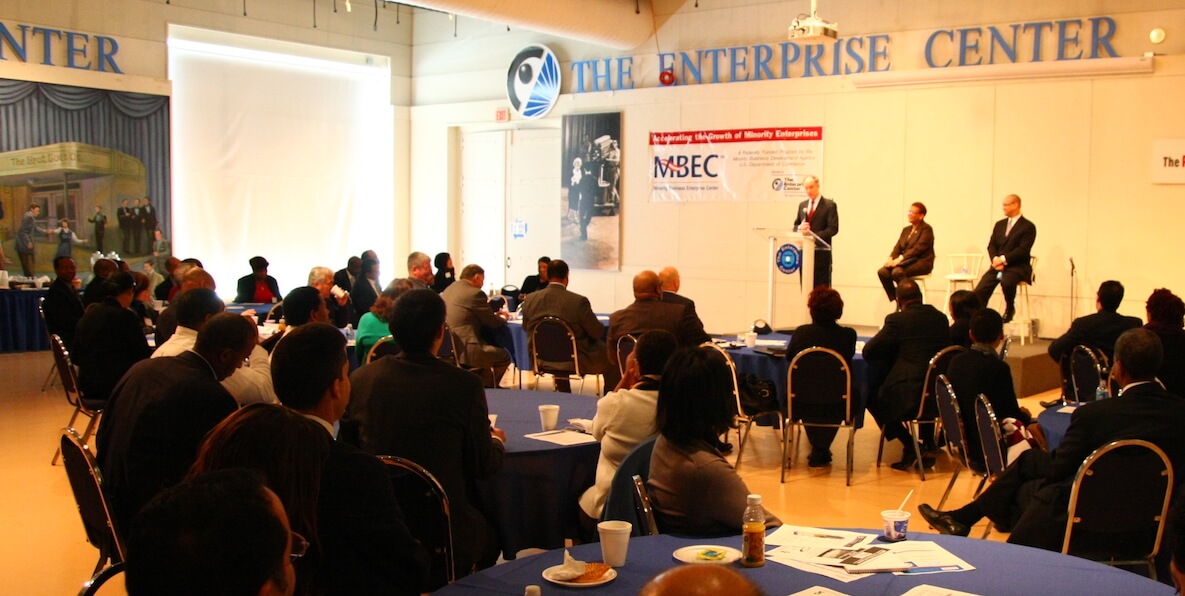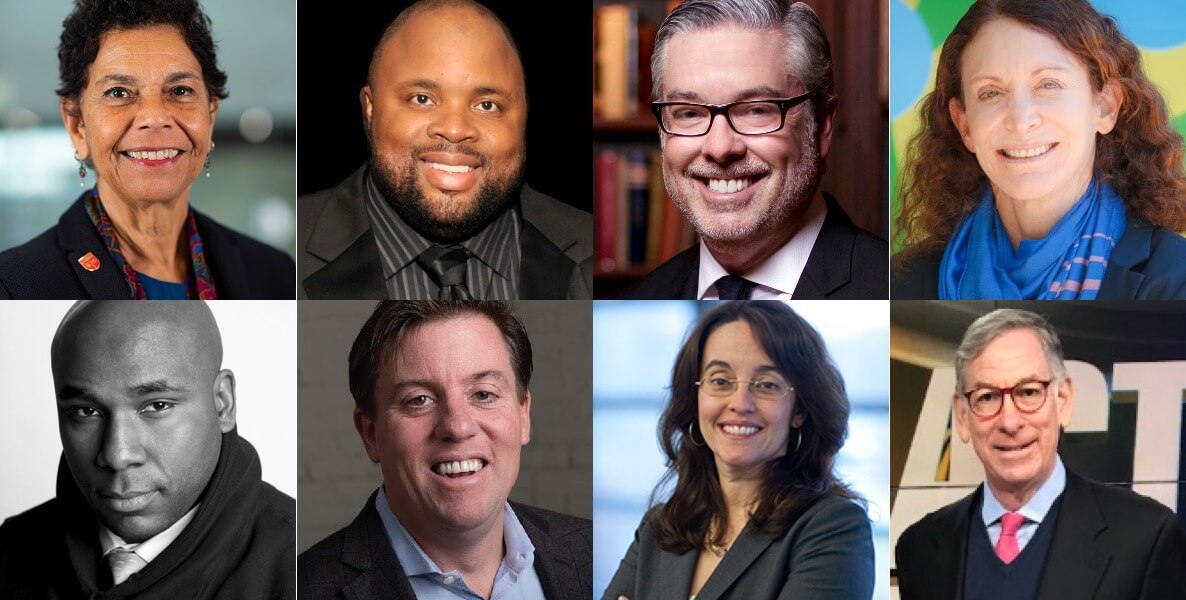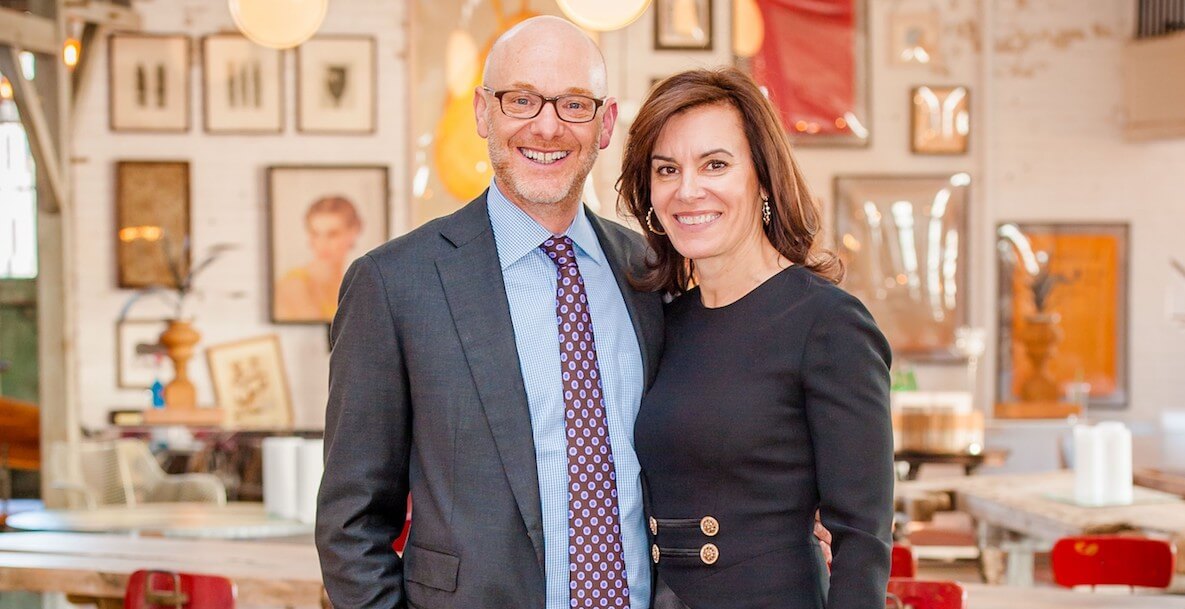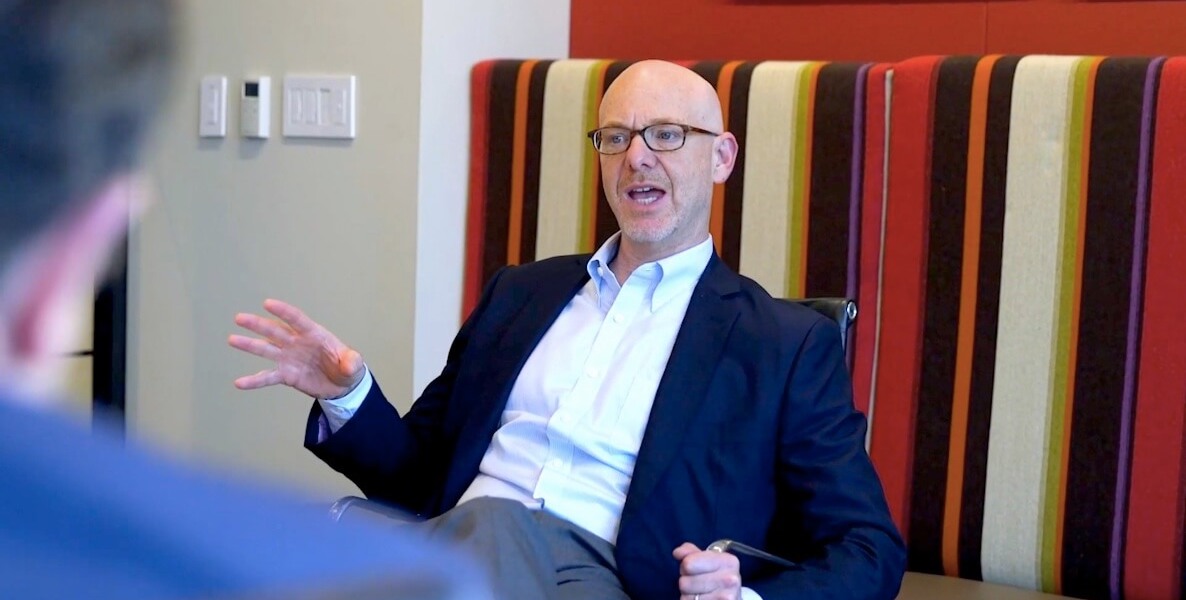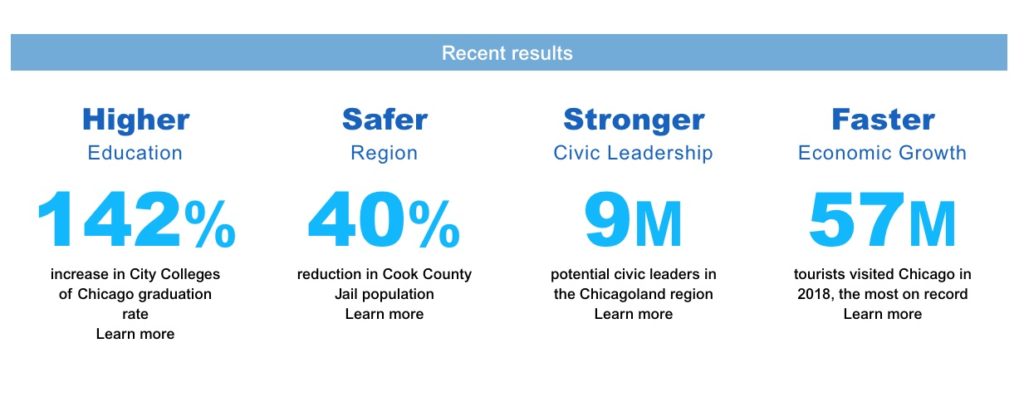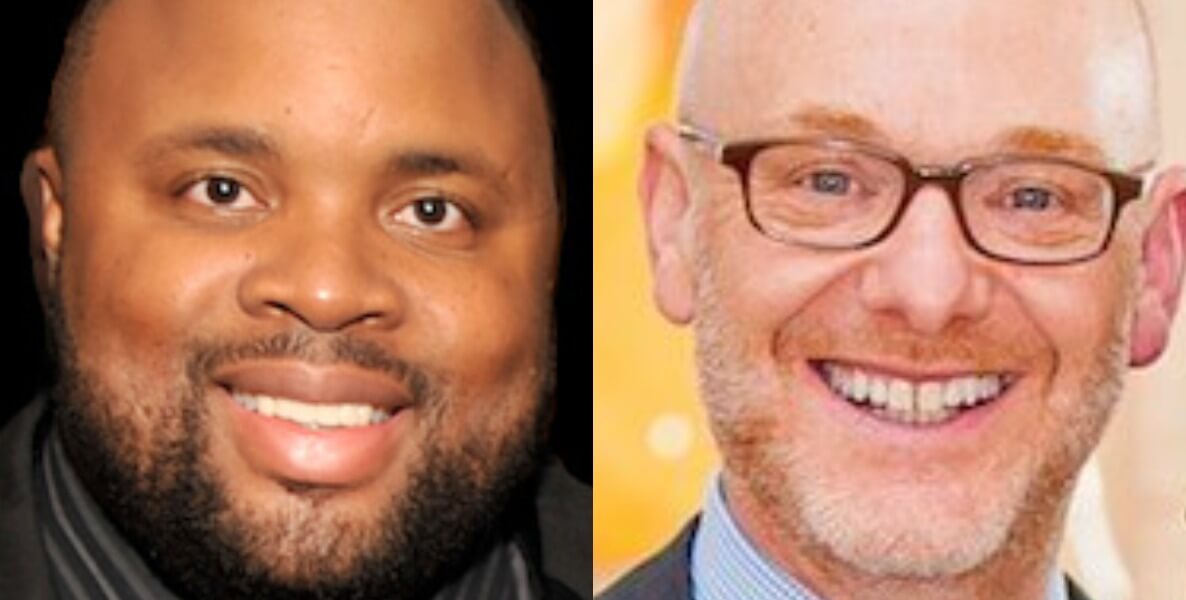Did you see that Washington Post investigation a few weeks ago, headlined “Corporate America’s $50 Billion Promise”? It was a follow-the-money deep dive into the promises made by C-suite honchos to move the needle on combatting racial inequality in the aftermath of George Floyd’s murder.
There are some encouraging signs in the Post’s reporting, like JPMorgan Chase’s $8 billion for 40,000 new mortgages and $4 billion for 20,000 refinances, a 28 percent increase over the bank’s pre-Floyd home lending to Black and Latino borrowers, and Bank of America’s $15 billion toward expanding homeownership to at least 60,000 low- and moderate-income families; closer to home, there’s Comcast’s $130 million in social justice initiatives, much of it geared toward closing the digital divide.
But there are also some frustrating signs in the Post’s voluminous report; apparently, only a fraction of corporate America’s pledges have resulted in tangible, inclusive growth-oriented investments. A year ago, there was a frenzied corporate rush to issue press releases proclaiming that Black Lives Matter, but now it appears that getting real dollars into distressed neighborhoods hasn’t had the same sense of urgency. Symbolic acts—performative tweets and the taking down of statues, for instance—turn out to be much easier than actually providing opportunity and creating pathways into the middle class.
Nationally, there are initiatives that are smartly mitigating against this trend, like the Black Equity at Work Certification powered by Management Leaders of Tomorrow. The brainchild of John Rice, former NBA executive and former U.N. Ambassador Susan Rice’s brother, the program confers on employers a type of Good Housekeeping seal of approval when it comes to meeting Black equity standards. Companies get graded on areas like racial representation, compensation equity, inclusiveness, and racially just business practices, like doing business with minority vendors. The scorecard was devised in partnership with the Boston Consulting Group and already companies like Nike, Deloitte and BlackRock have signed on.
Then there’s Ninety to Zero, the nonprofit started by a who’s who of CEOs and civic leaders, including the heads of Starbucks and Goldman Sachs; our own Erika James, dean of the Wharton School; Wes Moore, former CEO of Robin Hood Foundation and now a candidate for governor in Maryland; and even basketball superstar Steph Curry. Its goal is to transform the economic landscape that has led to a 90 percent racial wealth gap between White and Black Americans—hence the name—and provides a roadmap for companies to drive change in short order. The research the group has done, led by Wharton, has found that closing the racial wealth gap could increase the U.S. GDP by $1.5 trillion in the next 10 years.
What’s being done in Philadelphia
Just as encouraging, on the local level, is the Philadelphia Equity Alliance, a diverse group of business, nonprofit, and policy leaders that has been meeting every Saturday morning—at 7:30 am!—since Floyd’s murder. It started late last summer when a small group of White folks—stunned by the devastation wrought by Covid-19, the growing recognition of racial disparity, and the widespread economic fallout from both epidemics—began to meet, asking a simple question: What can we do?
The original group consisted of FS Investments CEO and co-founder Michael Forman (FS is also a sponsor of our Ideas We Should Steal Festival); FS Investments Sr. VP and former state representative Mike Gerber; Drexel University President John Fry; Childrens Hospital of Philadelphia CEO Madeline Bell; and labor leader Ryan Boyer, the lone African-American. (“It was a pretty non-diverse group at first,” Forman recalls now, with a chuckle.)
Here, we’ve relied on a succession of mayors and city council apparatchiks to steward us towards greater opportunity, prosperity and safety. How’s that worked out for the poorest, most violent, slowest growth city in the nation?
What started as a group of friends sharing, commiserating, and inviting other friends quickly grew. Today, the Saturday Morning Group consists of some 70 diverse and actively-engaged leaders and would-be leaders of Philadelphia. In a town long known for its permanent establishment, the group morphed into a first-of-its kind gathering of next-generation and established leaders, all sitting at the city’s problem-solving table together.
The weekly Zoom calls led to the forming of the Philadelphia Equity Alliance, co-chaired by Forman and Boyer, with one of the most diverse boards in the city: in addition to Fry, Bell and Gerber, there’s:
- Comcast’s Bret Perkins (a Citizen board member)
- Urban Affairs Coalition CEO Sharmain Matlock-Turner
- Longtime Temple law professor and administrator JoAnne Epps
- Lawyer, former Councilmember and Street administration insider George Burrell
- Enterprise Center CEO Della Clark
- Former Aramark executive Keith Bethel
- Reverend Alyn Waller
- Pedro Ramos, head of the Philadelphia Foundation
The Alliance is a non-profit affiliate of the aforementioned Philadelphia Foundation, and is funded by significant contributions from Forman, FS Investments, Boyer’s Laborer’s Council, Drexel University, and CHOP. It is being run on an interim basis by Bethel, who recently retired from his position as Aramark’s Chief Growth Officer and is a distinguished non-resident fellow at Drexel’s Lindy Institute for Urban Innovation.
It has formed working committees on a handful of pressing problems facing Philadelphia—gun violence, getting capital to Black and Brown businesses, health equity, education—and has, on the policy front, engaged both McKinsey Consultants, for a roadmap on how to fuel Black and Brown jobs, and Drexel’s Bruce Katz, Citizen columnist and former chief of staff at HUD under President Clinton, who is a national leader on fostering inclusive growth in cities.
RELATED: Why Richard Vague still think business can save America
Already, behind the scenes, the Alliance has notched a few small wins, which we’ll get to, but the more encouraging thing is what it could be. For too long, Philadelphia’s business and civic communities have outsourced problem-solving to a self-satisfied and often inert political class. The Equity Alliance represents the possibility of something we see in other cities—the coming together of business, labor, clergy, nonprofit and other community leaders to no longer wait for permission to lead. In Pittsburgh, for example, the Allegheny Conference has released a ten-year vision for the region.
In St. Louis, as Bruce Katz has chronicled, the innovative STL 2030 Jobs Plan led to the formation of Greater STL, Inc., a new business and civic leadership organization created through the fusion of five existing, and siloed, groups to meet the city’s agreed-upon north star: Broad-based and inclusive economic growth.
Here, we’ve relied on a succession of mayors and city council apparatchiks, all elected by a sliver of the citizenry, to steward us towards greater opportunity, prosperity and safety. How’s that worked out for the poorest, most violent, slowest growth city in the nation?
A political and civic odd couple in a town of deep divides
For a couple of dudes that didn’t even know each other a little more than a year ago, Michael Forman and Ryan Boyer play off each other’s sentences, like long lost besties. They are, at first blush, a political and civic odd couple in a town of deep divides.
Forman is a one time hard-charging corporate lawyer turned indefatigable entrepreneur and finance guy. He left a successful law practice in his forties—who does that?—to found an asset management startup dedicated to, in effect, democratizing investing, and has built FS Investments into an avenue of wealth-building for middle class investors.
Forman may be a finance guy, but he’s no “greed is good” Gordon Gecko stereotype or a silver spoon scion. Growing up, he worked every day—often at two jobs—since losing his mother at a young age. Gerber, his colleague, once told me that he wakes up every morning at 5:30 to find an email from his boss in his inbox. “He’s still the hardest working person at FS,” Gerber says.
We haven’t seen a business guy and labor leader arrive at common ground like this in quite some time. If they can keep hearing one another and trusting one another, maybe it’s not inconceivable that each will bring their bases along. That would represent real change to a status-quo town.
Sure, Forman has built his own wealth, but his holistic emphasis on employee well-being at FS and his commitment to spreading wealth makes him a credible messenger for a growth-centered empowerment plan for those who have been left behind.
Then there’s Boyer, whose compelling personal story has legs in a town that revels in its rags-to-riches working class roots. Born in North Philly and reared in union organizing, his life trajectory is a testament to the prospects of union mobility.
“When my dad got into union organizing, my family’s ascension was very quick,” Boyer once noted. “We moved from the projects to Germantown to Overbrook. I saw what a good union career could do.”
In a town long dominated by labor leadership that hasn’t always been inclusive and has veered into thuggishness, Boyer’s tenure as Laborers’ District Council Business Manager has earned the moniker bestowed upon him by one big wig civic leader: “The conscience of the labor movement.”
 He is bipartisan at a time when across-the-aisle outreach has become dangerously passe, and he’s not afraid to offend his base, as when he calls left wing fever dreams like defund the police “silly and dangerous.” Maybe, in their no-nonsense, get-it-done practicality, the businessman and the labor leader are not that different, after all.
He is bipartisan at a time when across-the-aisle outreach has become dangerously passe, and he’s not afraid to offend his base, as when he calls left wing fever dreams like defund the police “silly and dangerous.” Maybe, in their no-nonsense, get-it-done practicality, the businessman and the labor leader are not that different, after all.
“It was a raw time when we first started talking,” Forman said recently, when I joined him and Boyer for lunch at Fitler Club—another of Forman’s next-generation ideas. “I didn’t know Ryan and I’ve never had to walk in his shoes, never had to experience what it’s like to be a Black man in Philadelphia and understand what they go through with the police, for instance.
“From that perspective, it has been a great learning experience for me. We’re all developing a level of trust with one another and we’ve just kept asking, How do we get the political class and business class to think about gun violence? To think about Black and Brown jobs? To think about building businesses, and the right vendor/vendee relationships? how do we hold folks accountable? Our goal is to get those who can have impact thinking about all those things collaboratively.”
RELATED: Local coach Eric Riley shares what it’s like to drive while Black in Philadelphia
“What we’re trying to do, Michael and I, is have a story where there’s finally one Philadelphia,” Boyer chimed in. “So if Philadelphia rises, everyone rises and we don’t have a city of haves and have-nots like we do now. The only way you do that is by being intentional—that doesn’t just happen.”
Forman seemed ready to pounce. “For too long, people in Philadelphia have worked in their silos and viewed growth as a zero-sum game while relying upon the political class and just a couple of corporate leaders to solve our problems—and look where we are today,” he said. “Think about this—if we drive better partnerships between labor, business, nonprofits,foundations, neighborhood leaders and clergy—folks like Rev. Alyn Waller—that’s the future of Philadelphia we’re striving to create. and that’s how we get back on the right path. You do see that in other cities, whether it’s the Allegheny Conference in Pittsburgh or the Partnership for New York City. If we can figure that out here, among the leaders who care about this city, that’s a big step forward.”
Boyer agreed. “Political leaders were never supposed to be the only leaders,” he said. “They’re supposed to represent the will of the people. But now we have leadership that too often focuses on their own individual fiefdoms and it’s gotten us where we are. So what we’re trying to do is recalibrate it and have partnerships that move us all along together and encourage our elected leaders to join in.”
RELATED: Kenney and local leaders point fingers while body bags pile up
The a-ha moment in their burgeoning buddy movie romp came last spring, when Forman, quoting from the compelling data provided by Paul Levy of the Center City District about the need for tax reform and relief, met a cautionary note of resistance from Boyer.
“I kept saying we’ve got to think about tax cuts and business friendliness, and finally Ryan just said to me, Listen, that is not necessarily my top priority. There are folks in the peak of Covid right now who are really struggling and it might not be the right time to talk about tax cuts and center city businesses,” Forman said. “I really heard that. And then he called me and said, Hey, if it’s important to you, I’m on board with tax cuts.”
I looked at Boyer as Forman recounted this meeting of their minds. “Why the switch?” I asked.
“Because a relationship is about trust, and I trust this man,” he said. “He doesn’t have to be doing this. He could be off to the Hamptons every damn weekend like everyone else. But he’s on these calls at 7:30 in the morning every Saturday and sending all kinds of reading material our way all the time—I’ve read all about that Allegheny Conference. Usually I read about four books a year, but that’s been replaced by Alliance homework.”
How hard do you push?
So the Alliance lobbied for gun violence reduction funding as well as the very minor tax cuts Mayor Kenney and Council passed. It wasn’t much, Forman and Boyer agree, but it sent a message and started a dialogue, particularly with Commerce Director Michael Rashid, who the Alliance counts as a kindred spirit.
More important, just as Forman, listening to Boyer, started seeing things his new friend’s way—growth minus real equity isn’t really growth at all—so, too, did Boyer come around to Forman’s point of view. “We need to understand that we can have a pro-business environment and still be pro worker and pro-neighborhood,” Boyer says. “Our partnership is indicative of that. We need business to make money so workers can get their salaries, and we can deliver more public safety and better services with a growing tax base.”
The Equity Alliance is in its infancy—our lunch was the first time either man had talked about it publicly—but already there have been some behind-the-scenes wins, in addition to the gun violence reduction funding and modest tax cuts. When the University of Pennsylvania announced a health equity plan courtesy of a $6 million grant from Independence Blue Cross, the Alliance, led by CHOP’s Madeline Bell, melded its working group’s efforts into that—a smart nod toward breaking down silos and getting as many interested parties as possible behind one impactful initiative. Similar efforts have been made around Black and Brown businesses and bolstering sagging education infrastructure.
“We can have a pro-business environment and still be pro worker and pro-neighborhood,” Boyer says. “Our partnership is indicative of that. We need business to make money so workers can get their salaries, and we can deliver more public safety and better services with a growing tax base.”
And, as the deadline approached for applying for an American Rescue Plan Economic Development Administrations (EDA) grant, the Alliance was part of a collaborative effort among a bevy of potential stakeholders—including the Chamber, PIDC, The Enterprise Center, the Science Center, and the Mayor’s Office—to make sure there was one coordinated application, the better to maximize a potential windfall for the region.
These are not sexy accomplishments at this point, but they speak to a smart recognition that Philadelphia’s biggest need may not be an infusion of capital so much as expertise in how to deploy said capital. As in Chicago, where the Civic Consulting Alliance—a consortium of business and nonprofit leaders—lends its private sector implementation expertise to local government, the Philadelphia Equity Alliance represents the stepping up of a new class of leaders to help government plan better and reach real people in real need. In what has become a branch-office town, where business and civic leaders duck their heads when it comes to taking on seemingly intractable problems, that’s kind of revolutionary.
Of course, as more initiatives from the Alliance come to the fore, it bears close watching. We’ve seen efforts like this before, though none, perhaps, quite so methodically researched. Still, there’s much that can go sideways. By essentially producing work product in five verticals, the Alliance could spread itself too thin. Try to solve everything and you end up solving nothing.
And it’s a fine line the Alliance walks vis a vis local government. How hard do you push? Are you an outsider agent for change? Or are you an insider force for incremental victories? How do you guard against being co-opted by political special interests?
It seems like Boyer and Forman are well aware of the potential pitfalls. “We want to be collaborative but disruptive at the same time,” Boyer says. “You have to be disruptive to the status quo to change it but we don’t want to do it in a way that we embarrass people.” Forman pledges that “we don’t want to blow things up. We’re just looking to see if we can get people to work together and solve problems with a laser focus on equity.”
A lot in our politics does, in fact, scream for being blown up. But I keep coming back to the relationship between Forman and Boyer itself, and the potential it has to instigate change. One Forman ally who supports the Alliance remarked to me, a bit mystified, as to Forman’s “white guilt.” But I’ve talked to him often about this issue over the past year, and I’ve not gotten a whiff of it.
Instead, I’ve seen a guy who has put his head down and done the work. To Forman, equitable growth isn’t charity. His message to other business leaders is, essentially, to keep in mind the Wharton research that shows equity as a driver of growth—across the board. It’s as if he’s saying to his C-suite compatriots, you’ve succeeded with one hand tied behind your back. Imagine how well we all would be doing if everyone could participate in the American Dream.
And Boyer’s message to his base is similarly full of enlightened tough love: You can’t have jobs without employers. Let’s grow the pie instead of fighting over ever smaller pieces. We haven’t seen a business guy and labor leader arrive at common ground like this in quite some time. If they can keep hearing one another and trusting one another, maybe it’s not inconceivable that each will bring their bases along. That would represent real change to a status-quo town.
The Citizen is one of 20 news organizations producing Broke in Philly, a collaborative reporting project on solutions to poverty and the city’s push towards economic mobility. Follow the project on Twitter @BrokeInPhilly.

RELATED
Ideas We Should Steal: The Greater Buffalo Racial Equity Roundtable


